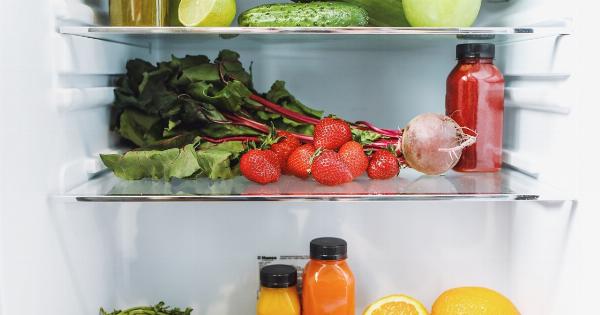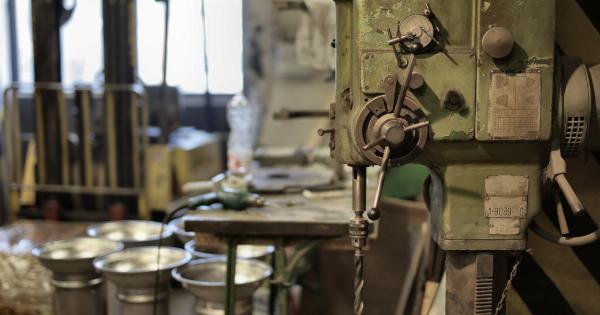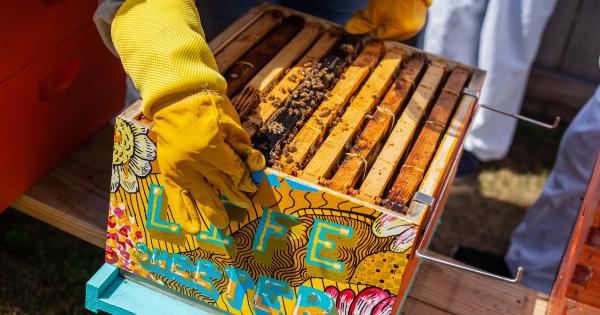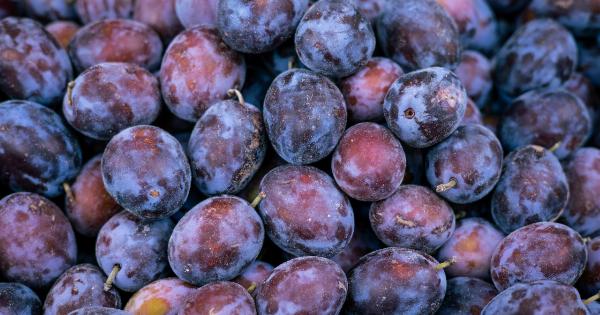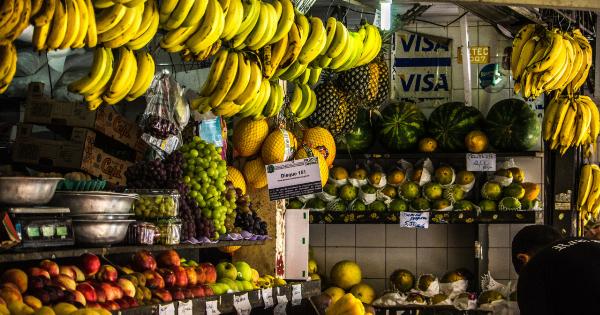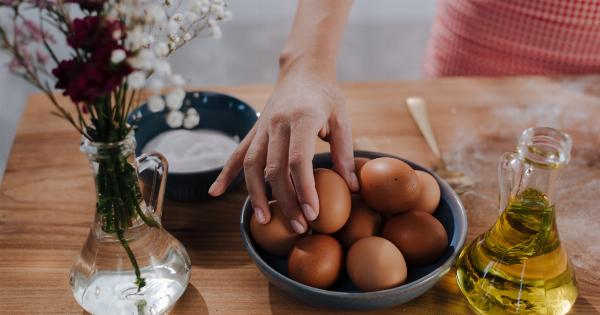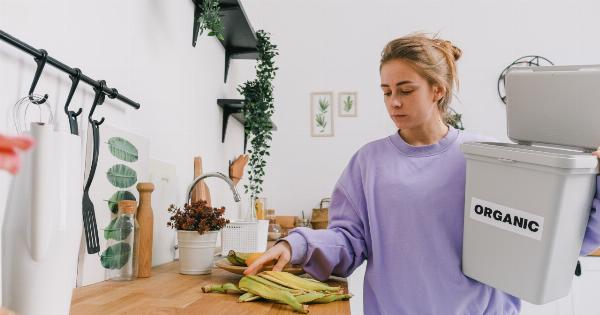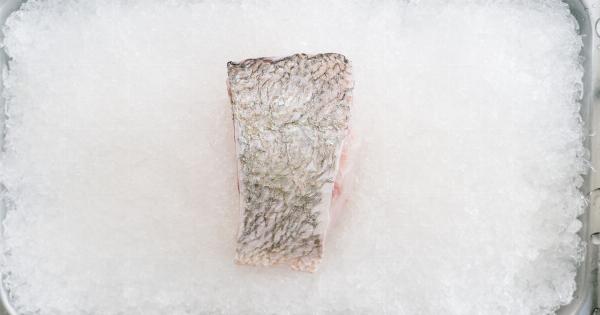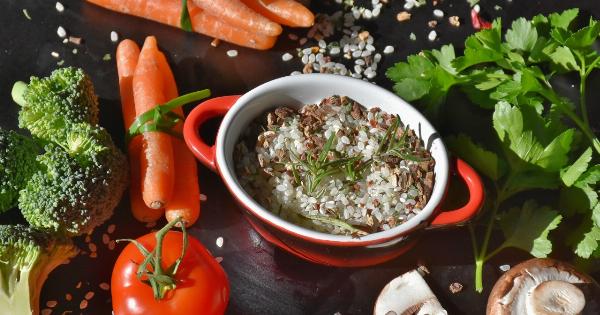Cooking and baking are essential to our daily life, but there’s a hidden danger lurking within the ingredients we use. Chemicals that go into our food can end up affecting the environment, and the impact can be far-reaching.
Here’s a closer look at the dangers of cooking and baking chemicals on the environment.
1. Pesticides
It’s common knowledge that pesticides are harmful to our health, but they can also lead to environmental damage if not used properly. Pesticides can leach into the soil and water, polluting rivers, lakes, and oceans.
They’re also toxic to other animals and insects, upsetting the delicate balance of the ecosystem. As a result, it’s important to use pesticides responsibly and limit their use as much as possible.
2. Fertilizers
Fertilizers are another common ingredient found in cooking and baking. They’re used to increase crop yields and improve the growth of plants. However, fertilizers can also have serious environmental consequences.
When they’re overused, they can end up leaching into groundwater, causing pollution and making drinking water unsafe. This pollution can be deadly to aquatic life, and lead to algal blooms which damage freshwater ecosystems.
3. Preservatives
Preservatives like sodium benzoate and potassium sorbate are often used in cooking and baking to prevent the growth of bacteria and mold. However, they can also pollute soil and water when disposed of improperly.
In addition, some preservatives can have toxic effects on the environment, affecting food chains and ecosystems and leading to long-term environmental problems. It’s crucial to be mindful of the amount of preservatives we use in our food and to find natural alternatives whenever possible.
4. Artificial Colorants
Artificial colorants are commonly used in a variety of food products, from baked goods to soda. However, many of these colorants can lead to environmental damage.
For example, many dyes have been linked to water pollution, while others can cause problems in ecosystems if they get into the soil or air. It’s important for us to be aware of the ingredients we use in our food, especially colorants, and to opt for natural alternatives whenever possible.
5. Cooking Oils
Cooking oils are essential ingredients used in many dishes. They provide flavor and texture to food. However, cooking oils can have far-reaching environmental consequences when not disposed of properly.
Used cooking oils can clog up pipes, leading to drain blockages and sewage overflows. They can also end up in waterways and soil, where they can harm aquatic life and soil microorganisms. Proper disposal of used cooking oils is crucial to prevent environmental damage and keep our communities clean and safe.
6. Plastics and Packaging
Plastic containers and packaging are common in the food industry, but they can have serious environmental consequences. Plastics are not biodegradable and can take hundreds of years to decompose.
They can also release harmful chemicals into the environment, leading to pollution and damage to ecosystems. Proper disposal of plastic is crucial to mitigate this environmental impact: recycle whenever possible and don’t litter.
7. Food Waste
One of the most significant environmental dangers of cooking and baking is the amount of food waste it creates. The food industry is responsible for a massive amount of waste each year, with millions of pounds of food thrown away daily.
This waste ends up in landfills, where it produces methane, a powerful greenhouse gas that’s harmful to the environment. The solution is to reduce food waste by buying local, seasonal food, and making food that is quick to use and easy to store.
8. Genetically Modified Organisms (GMOs)
Genetically modified organisms (GMOs) are a controversial issue in the food industry. They are crops that have been genetically engineered to resist pests, reduce water usage, or provide other benefits.
However, their environmental impact is not yet fully understood. Concerns have been raised about cross-pollination, the creation of “superweeds” that are resistant to herbicides, and harm to non-target organisms.
It is essential to use GMOs responsibly and to study carefully their impact on ecosystems and the environment.
9. Antibiotics
Antibiotics are commonly used in many aspects of the food industry, including cooking and baking. They’re used to prevent disease in animals and improve crop yields.
However, the overuse of antibiotics can lead to antibiotic resistance and environmental damage. Antibiotics can end up in the soil and water, where they can harm other living organisms. They’re also known to kill beneficial bacteria, affecting the health of the ecosystem.
Thus, we should limit the use of antibiotics and use alternative methods to preserve the health of our food.
10. Unsustainable Production Methods
Finally, it’s essential to address the issue of unsustainable production methods in the food industry. Many agricultural practices have harmful environmental consequences, such as deforestation, soil erosion, and degradation of soil quality.
It’s essential for industry members to use sustainable production methods that protect the environment while providing nutritious food. We should consider purchasing locally produced food or finding sustainable ways to produce food, such as urban farming or hydroponics.
Conclusion
The dangers of cooking and baking chemicals on the environment are significant and far-reaching. It’s essential for us to be mindful of the ingredients we use in our food and to reduce their impact on the environment whenever possible.
We should focus on sustainable production methods, reduce food waste, and opt for natural alternatives whenever possible. Doing so can help protect the environment and ensure a healthy future for generations to come.



